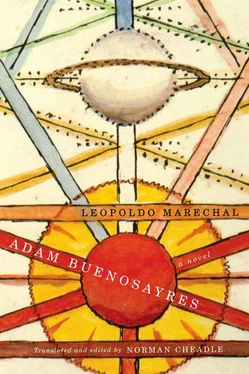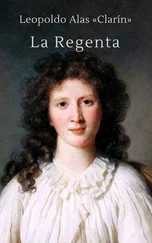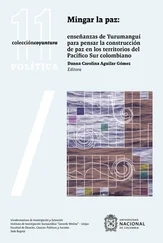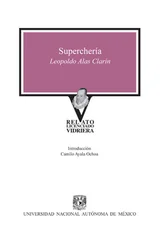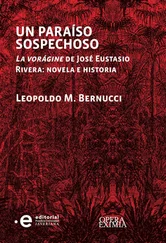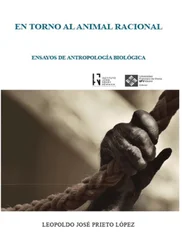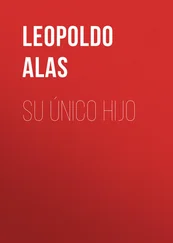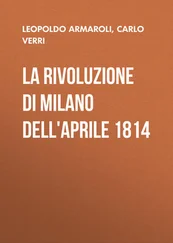The old woman humbly lowered her eyes, in which two big, glassy tears were gleaming:
— Brother! she whined. Forgive me if my excessive piety hindered your prayer! I am a great sinner: the world’s dross. Nevertheless, the Apostle counsels us to tolerate one another in the spirit of Christian charity. Are we not all brothers in the Lord?
— So were the poor martyrs who fell into your money-lending clutches, I told her.
The old woman crossed herself devoutly:
— By the body of the Lord with whom I’ve communed this morning, she whimpered, I swear I never demanded more than twenty percent.
— Not much, I admitted. But what was the point of your exhibitionism? On your way out of the temple you would drop small coins into imploring hands, caress the faces of children, and hold out your right hand as if blessing the suburb.
— God will bear it in mind, the pious woman predicted.
— No doubt. Along with the dreadful state of hygiene in your tenement buildings, for which the same suburbanite tenants whom you blessed were paying onerous monthly rents. But let’s move on to another matter, the way you used to walk down Gurruchaga Street: why the need to strut your affectations, your air of disgust, your fussy prudery? And every time you heard the Carter from the Hayloft crooning a tango at the barbershop door, did you really have to make the sign of the cross, as if hearing the song of the devil? And why the need to mercilessly scrutinize young girls’ hemlines or necklines when they flaunted their sheer youth in front of you? Was it necessary to look earthward, sobbing “good grief!” and striking your breast, when the nymphs in the zaguán were frolicking all hot and bothered?
— It was the street of sin! wept the old woman. “Woe to him who causes my children to stumble” sayeth the Lord. 129
— Certainly. But what about your intimate get-togethers with Mistress Chaste and Madame Pure? Didn’t the three of you wolf down gobs of cookies soaked in sweet wine, and afterward hike up your housecoats and dance on your arthritic legs as if possessed?
At this, the old woman got so perturbed that she dropped her rosary of corks:
— That was in private! she stammered. An innocent game. The Lord sayeth: “Become as little children.” 130
— But He doesn’t say: “Spy on your neighbours with opera glasses.”
— I don’t what know you’re talking about, she retorted in a quavering voice.
— It invariably followed the wine and dancing. You and Mistress Chaste and Madame Pure (what a lovely threesome!) would train your opera glasses on the neighbourhood, hoping to catch intimate scenes being played out in hovels and outhouses. “Oh, my!” stuttered Miss Chaste. “Tsk, tsk,” sobbed Madame Pure. “Incredible!” you would whine, desperately adjusting the focus.
— False witness! cried the old woman, putting her thumbs in her ears.
She looked around in dread:
— Is there not a church, a chapel, or an oratory around here? she asked again.
And off she wandered through the dump, her yellow tunic wrapped tightly around her.
As we left that sector and entered the following one, I thought I detected in the astrologer a certain quizzical look typical of artists who, being not quite satisfied with a piece of work, hesitate to display it. Nevertheless, and in happy contrast to the garbage we had just left, the new environment was decked out in all the poetic colours imaginable. No doubt it was, or aspired to be, a version of the Elysian Fields in the classical style. Verdant hills, blue brooks, glades generously laden with fruit and orchestral with birds, all befriended the eyes and caressed the ears. Men and women, crowned in laurel leaves and draped in majestic Greek robes, were conversing here and there, or joining in demure circles. Such was the intruder’s first impression of those gardens. But, after the initial fascination, the interloper soon noticed that an absolute falseness ruled the entire scene: the streams and hillsides were of painted canvas, the trees of bristol board; the lights were neon, the nightingales trinkets. As for the denizens of that Eden, a similar disillusionment ended by reducing them to a troupe of actors wearing paper clothes and gilt-cardboard diadems.
— Can you guess what sector we’ve entered? asked a still-hesitant Schultz.
— I don’t know, I replied. Who could these tinsel figures be?
— No offense, but I call them the “artistically violent.” I conceived this sector as a false Parnassus, where the pseudogogues metaphorically display their peacock tails, under the direction of the false muses or Antimuses , as I’ve named them.
I must admit, it was with profound displeasure that I anticipated our tour of this sector. Already I’d been finding it abusive that, against all custom and usage, the comfortable role of rubbernecker, which by rights should have been mine in this descent into hell, was being distorted; which meant I’d been getting railroaded into dialogues, controversies, and arguments I had no taste for, thus becoming just one more actor in Schultz’s farce. And if this had been happening to me among strangers, how uncomfortable were things going to get among the men of my own métier who squirmed in this new environment? Truth be told, my own tail of straw made me vulnerable. 131And knowing Schultz’s taste for the freakish, I was already fearing that the Antimuses might be a new version of the Bacchantes who tore Orpheus apart. Nevertheless, aware that resistance was futile, I followed the astrologer, who was already penetrating deeper into the cardboard Parnassus.
The first contingent of pseudogogues (as Schultz called them) was led by the False Euterpe, 132an elderly spinster wearing a sky-blue peplum that imperfectly disguised the boniness of her frame. Her unhealthy complexion, the bitterness in her face, and the look of irritation in her rheumy eyes were all telltale signs of incurable constipation. And to complete her misfortune, she was constantly hacking and coughing up greenish phlegm into a handkerchief of indefinite colour. Seeing us, the False Euterpe came to a halt. Her tunic-clad circle of followers likewise stopped. Then, as I was warily giving the group the once-over, who should I see front and centre among the pseudogogues but our fast friend, our illustrious and never-sufficiently-praised comrade, Luis Pereda! I thought I was going to choke with indignation:
— This isn’t right! I told Schultz. Sure, according to venerable tradition, the inventor of an Inferno enjoys the right to put his enemies in it; it’s been common practice up to the present. But if the creator of an Inferno brought a friend in on the act, it was to give the friend a chance to look good in a smart role. So, what need was there to inflict upon our comrade Pereda the ignominy of showing up in this bordello?
— For all the times I’ve paid his streetcar ticket! growled Pereda, looking rancorously at the astrologer.
At this point the False Euterpe intervened, and through her catarrh she cried thus:
— He lies through his teeth who claims that Don Luis has been unjustly acommodated in this inferno!
— What’s he accused of? I asked her.
— Don’t pay any attention to the scarecrow! Pereda warned me, jerking a thumb toward the false goddess. She’s a dirty trick Schultz cooked up, a German joke in the worst taste. If I ever run into him at the corner of Pampa and Tronador, 133I’m going to give him a couple o’ shiners!
The False Euterpe made a noise, a sort of gargled chuckle.
— That’s the remarkable thing about Don Luis, she told me. He stands accused of wandering around the barrios of Buenos Aires playing the malevo , his bully-boy glances slanting off left and right, spitting between his teeth, and muttering the poorly learned lyrics of some tango.
Читать дальше
